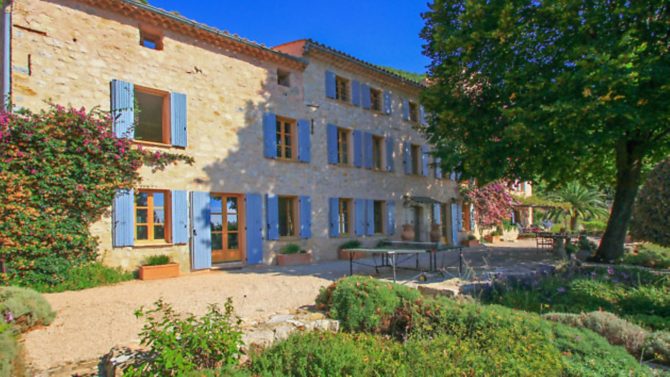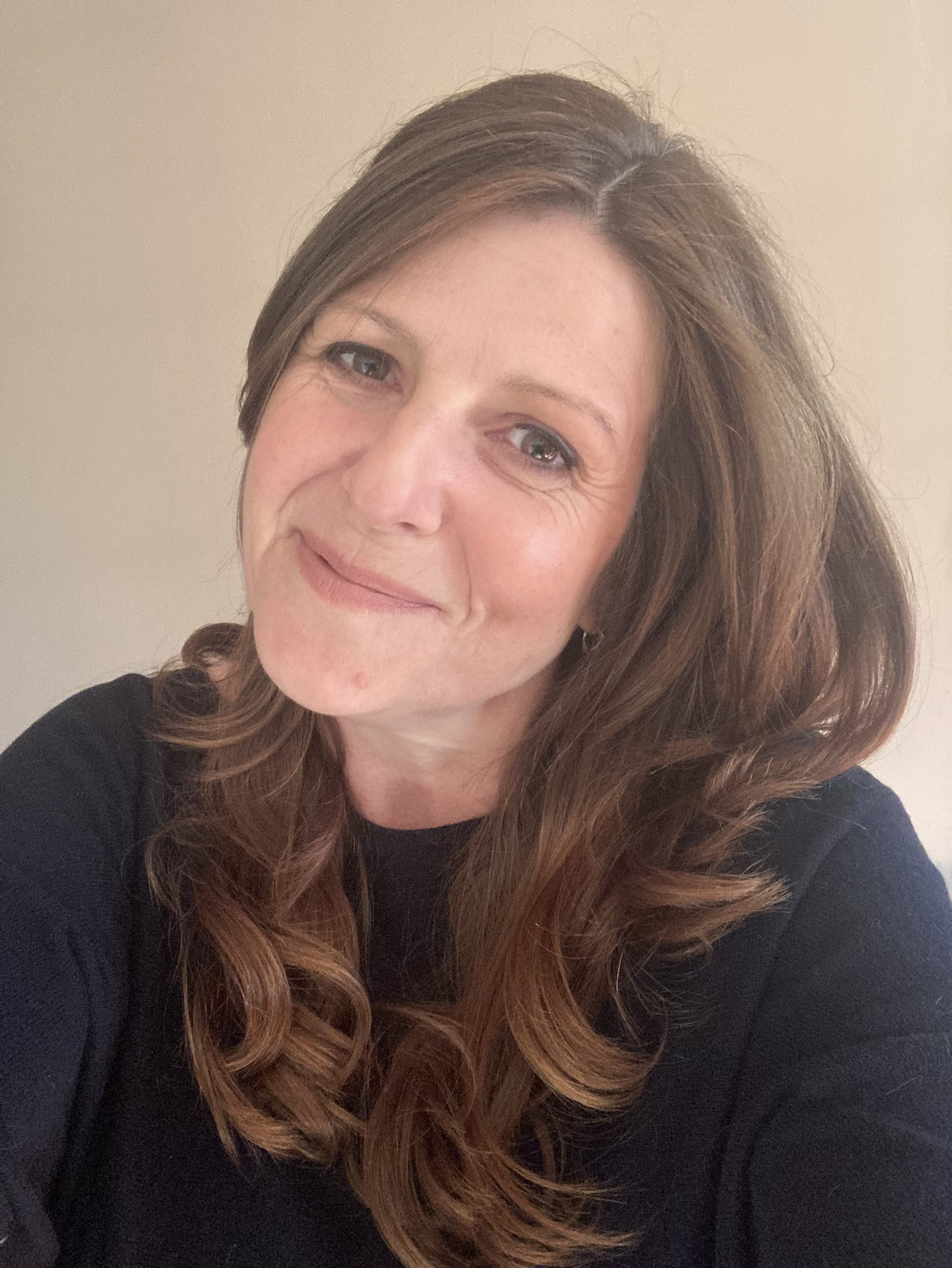Buying guide part 12: utilities and banking


In the last part of our series, Karen Tait reviews gas and electricity, water and sewage, phones, insurance and banking
Having finally reached completion, we are now ready to tick off the final tasks on your property ownership list.
First let’s look at utilities. Getting connected is normally straightforward, in fact you can often take over existing contracts for electricity, gas and water. You may find services are still connected when you move in to your new home, but if not it normally only takes up to 48 hours to re-establish connections.
Electricity
Electricity is mainly supplied by Électricité de France (EdF), which used to have a government-protected monopoly, and is based on kilowatt requirements – around 3kW for lights, fridge, TV computer etc; 6kW washing machine, dishwasher, cooker, water heater; 9kW running two of the above simultaneously; 12-36kW heavy equipment being run together.
EDF offers three tariffs:
• Base – the basic tariff for 2-18kW use, which is priced the same whatever time of day or year it is used
• Heures creuses/Heures pleines – for 6-36kW, which allows you to benefit from cheaper electricity during periods of low demand (for example overnight)
• Tempo – usage above 9kW, with different charges for white, blue and red days; it can be ideal for holiday homes as electricity is relatively cheap most of the year, and more expensive during the coldest part of the year.
You also pay an annual standing charge, as in the UK.
You can shop around for the best prices and tariff deals. If you switch to another provider which doesn’t have a government-regulated tariff, you can switch back within six months if you are not satisfied with the service.
You can take most electrical products with you from the UK (you’ll just need to change the plug, of course), but only multi-standard TVs will work. In France you can only have up to 36kW, which may not be enough to run all your appliances at once.
Note that French houses are not wired in the same way as those in the UK; France uses a spur system rather than a ring main.
If you didn’t have an electrical survey before you bought the property, it may be advisable to get a qualified electrician to check the wiring is aux normes, i.e. complies with French regulations.
Gas
The main supplier is Gaz de France Suez. Properties in towns benefit from gaz de ville while rural homes, which don’t have access to mains gas, use bottled gas (propane or butane), which can be delivered, or a gas tank filled by tanker with liquified gas.
As with electricity, different tariffs are available depending on how much gas you use. The government sets the price but if you change providers, as with electricity you can return to the state-fixed price within six months. Prices fluctuate more than with electricity as France imports much of its gas (it is a leading generator of electricity, in particular nuclear power).
Fire
Many French homes, especially rural ones, have open fireplaces or wood-burning stoves, sometimes used for heating water too. If your new home has a working fireplace, you will need to find out the best places to buy firewood and how to season your own if you cut down trees on your land. Coal and other smokeless fuels are not commonplace in France. Don’t forget to have your chimneys swept once a year, and keep the certificate for insurance purposes.
Water
Mains water in France is supplied by private companies, the largest being Suez-Lyonnaise des Eaux, Saur and Veolia. Most French properties are fitted with a water meter, with charges according to your consumption. Costs vary from area to area too. While most properties are connected to mains water systems, some older rural properties may still rely on a well.
Sewage
Septic tanks, or fosses septiques, become a major topic of conversation for many British owners of French property, especially those from UK towns and cities who have never experienced them before. They are commonplace in the French countryside and villages, although in recent years a gradual improvement process has been taking place, with owners whose septic tanks don’t comply with regulations having four years to upgrade them.
The amusingly named government organisation SPANC (Services Publics d’Assainissement Non Collectif) is responsible for inspecting all septic tanks. Since 2011 sellers have had to provide a drainage report so buyers are aware of any improvements needed, as this can represent a significant cost.
During the buying process you should also find out what type of septic tank it is, what you need to do to maintain it and how often it needs to be emptied. Town properties are usually connected to mains drainage, with charges normally included in property taxes. New properties must also now be connected to mains drainage wherever possible.
Phones
The days of France Telecom enjoying a monopoly have long gone and you can shop around for the best deals. Rates vary, especially for international calls, and they change all the time so it’s worth keeping an eye on them and changing providers (you can change operator without changing your number). It can also pay to choose different deals for phone, television and internet.
To check if the line in your property is connected, just plug in a French handset. Phone plugs are different in France but handsets are inexpensive. If your new home has an existing line, or has had one within the past two years, the service can be set up for €55 if you provide the name or number of the last subscriber, and the line should be live within five working days. An engineeer will need to visit properties that haven’t had a working line, with the cost rising to €124 and the service active within 10 working days.
Insurance
When you sign the acte de vente, your notaire will normally check that you are insured. Somewhat strangely you can ‘inherit’ the previous owner’s policy but it is usually better to take out one that is tailored to your own circumstances. Note that in order to cancel a policy in France you need to do so in writing.
The main French insurance companies offer umbrella policies covering all your needs, with big supermarkets also offering competitive deals. Whether rented or owned, home insurance (assurance pour la maison, assurance d’habitation) is compulsory in France, as is motor insurance (assurance automobile), at least third party.
Under French law, you must also have a civil liability policy (assurance responsabilité civile) to cover any accidental damage you may cause to another person or their property. This can usually be covered within a comprehensive home policy.
In addition, school-age children must also be insured under an assurance scolaire policy, which protects them against any injuries sustained, and damage caused to school property or another child.
Also consider whether you need private healthcare insurance (mutuelle) to top up the state-provided healthcare and life insurance (assurance décès – note that assurance de vie is a kind of savings policy).
Banking
Regardless of whether you’re buying a holiday home or moving to France, you’ll need a French bank account to pay bills, mortgage payments and set up direct debits where required.
France has an independent central bank, La Banque de France, and over 500 commercial, co-operative or mutual banks. Many national banks, including Crédit Mutuel, Crédit Agricole and Banque Populaire, started out as regional co-operative banks. The Caisse d’Epargne (savings bank) has local branches, but limited services. The post office, La Poste, also offers a banking service.
There are also some French branches of international banks such as HSBC and Barclays. CA Britline, a subsidiary of Crédit Agricole, offers a dedicated English-speaking banking service in France, providing contact by phone, post or internet – they also provide mortgages and insurance. The advent of internet banking has made things easier too.
When choosing a bank, check what charges you’ll be liable for (eg internet banking, direct debits, transferring money from your UK account, cash cards, chequebooks).
You must be over 18 and present some form of ID (eg passport) and proof of your French address (eg utilities bill). When you open an account you are given a relevé d’identité bancaire (RIB), a slip with details of your account number and sort code, which you use to set up standing orders and direct debits. You will receive monthly statements but you can ask for a list of recent transactions at any time. Most banks will send statements to UK addresses.
Your chequebook should arrive two or three weeks after opening the account, although occassionally it can be delayed until the account has been operating for a couple of months. Cheques take up to 10 days to clear and it is illegal to write one if you don’t have the funds. This is a serious offence – you can be banned from banking (interdit bancaire) and won’t be able to write cheques or use a cashcard from any bank (first offences can be remedied by paying the full amount of the cheque to the payee and a fine to the Public Trésor).
The carte bleue is a debit card for use at automated swipe facilities at tills. Funds can be debited from your account immediately or at the end of the month. The CB nationale is for use in France; the CB internationale (combined with Visa or Mastercard) can be used abroad; the carte premier has higher limits and added benefits. Note that cheques are still frequently used in French shops; indeed, it may be the only option other than cash, as smaller boutiques tend not to have a card machine.
Read our other buying guides on:
Viewing and negotiatingInheritanceThe cooling-off periodStructural surveysMortgages and currency contractsWhat and where: 6 things to consider8 ways to find a propertyThe role of the notaireThe compromis de venteCompletion and the acte de venteRemovals
Share to: Facebook Twitter LinkedIn Email


